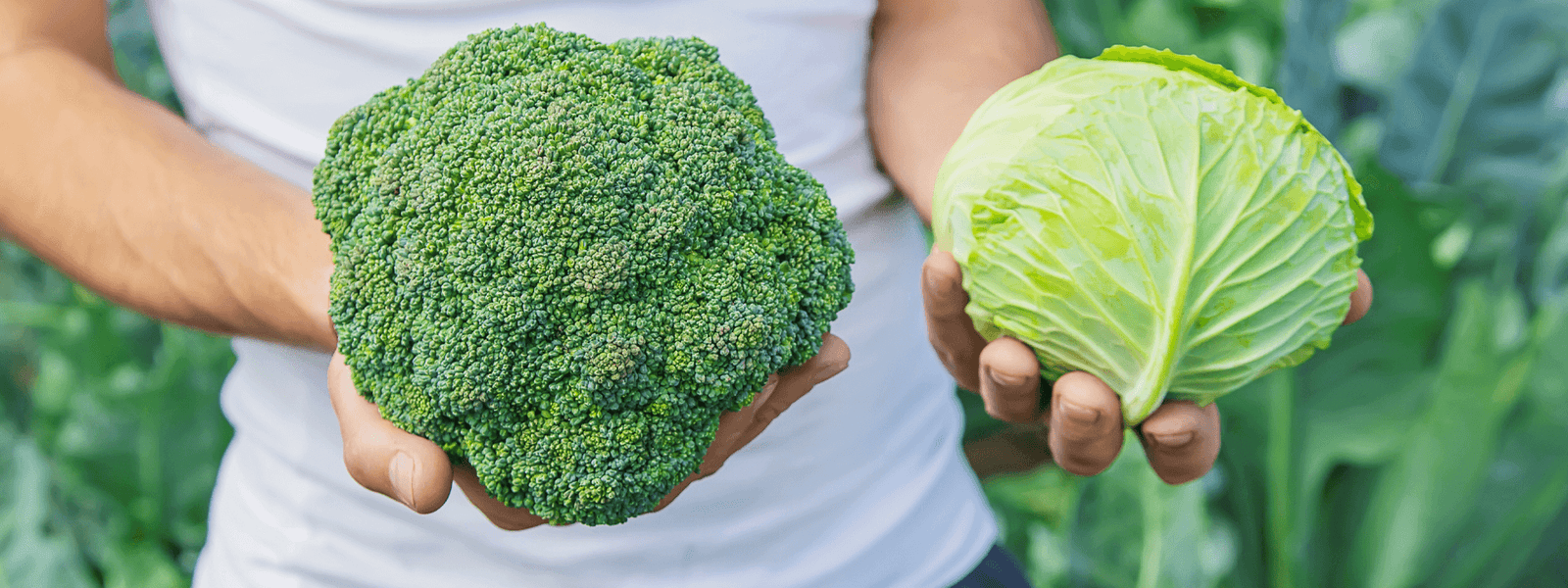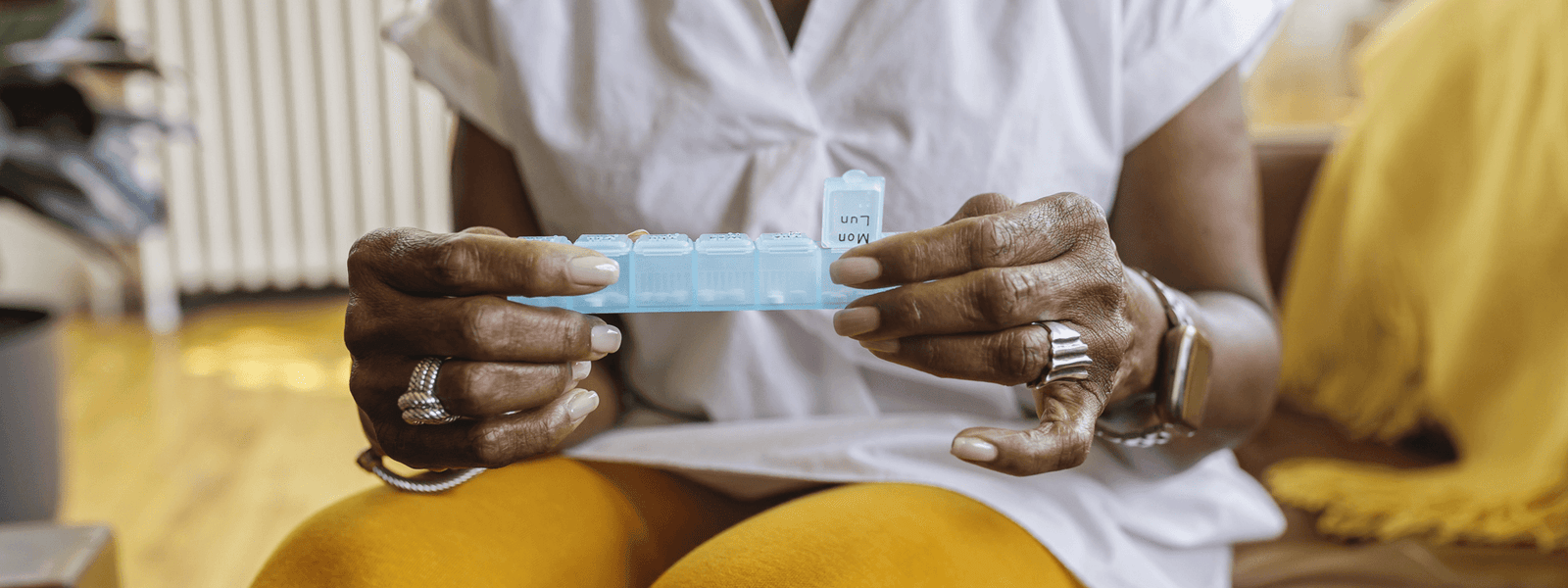Holiday weight gain sabotages millions of waistlines every year, and even though most of us assume we'll lose that pound, or five, in a few weeks, research by the National Institute of Health shows that most Americans never lose holiday weight, which really starts to add up after a few years. If you're on a diet, the holidays can also kill your good intentions, because you can't avoid eating holiday foods, even if you had the willpower to do so.
Luckily, you don't have to. The following tips for healthy holiday eating will help you with portion control, choosing menu items, and different ways to have fun without focusing on the food, so that you are less likely to gain weight.
1. Be Realistic
You're not going to eat healthy every day. And you shouldn't. With multiple studies on ego depletion showing that willpower is an exhaustible resource, trying to aim for 100% healthy eating could actually sabotage your diet when you run out of willpower and binge. Plan to eat healthy during the day but make room to indulge in your favorite snacks and foods at parties, and during the holiday dinner. Your focus should be on portion control, indulging, but not overindulging. The CDC links too-large portions with weight gain, as do multiple health experts like Susan Finn, PhD., RD, and Chairwoman for the American Council of Nutrition and Fitness.
2. Plan to Exercise
You already know that you're likely to be indulging over the holidays, so make sure you plan in time to work it off. Balancing food and exercise is fairly easy, but don't overdo it. You can plan trips to the gym, or high-activity holiday fun, like skiing, depending on your time and budget. If you have neither, consider going for a run, or using a video to do an exercise in your bedroom or living room. You should get a minimum of 30 minutes of intermediate to vigorous exercise per day according to the American Heart Association. If you're staying with guests, either wake up early to exercise, or go to the basement or your room and work out for 15 minutes twice a day. Don't interfere with your hosts plans or lifestyle.
3. Don't Show Up Hungry
If you arrive starving to a holiday meal, you're much more likely to overstuff yourself. Avoid the common holiday practice of skipping meals all day so you can eat more at night. Instead, eat a light but nutritious breakfast, have a snack a few hours before dinner, and drink a glass of water before you go to eat. These will fill up your stomach, and you'll be much less likely to overindulge. The Ohio State University and Yale found that skipping meals leads to gorging and increased belly fat. If you've overindulged the day before, you also shouldn't skip meals to try to balance it out, because you'll end up binging later in the day when you're hungry.
4. Survey Food Options Before Filling Your Plate
It's easy to overindulge when you load your plate with everything you see at the buffet, simply because you hadn't realized your favorite was there when you selected foods at the start of the line. Instead, try walking the whole buffet and surveying everything before you make any choices, that way you can pick the foods you really want, and avoid everything else.
5. Eat Until You're Satisfied, No More
The trick to not overindulging at holiday meals is to know when to stop eating. It's tough to say no, especially when grandma brings out her special recipe cake, but if you're already full, you don't need it. Keep in mind that if you don't eat it now, you can eat it the next day, because the food likely isn't going anywhere. If you're at a buffet, the easiest trick is to fill your plate up with very tiny portions, eat them slowly, and then go back for another small refill. According to Harvard, you'll eat way less, because you will give the food time to expand in your stomach before you get more, so you'll feel full sooner. Many people actually 'plan' to overeat during the holidays, but this is never a good thing, because your body uses the most energy (rather than converting it to fat) when you eat in small portions.
6. Watch What You Drink!
Soda, hot cocoa, and alcohol, they're all very common holiday drinks, but they're also high-calorie, high-carbohydrate beverages that will sabotage your diet. It's easy to drink a liter or more of soda with a large meal, especially if that meal is salty. The CDC suggests that you watch your consumption of sugary and carbohydrate-laden drinks, and try to drink water with meals. The water allows you to cleanse your palate, so you taste and appreciate the food more, and if you decide to have an indulging beverage later, you'll appreciate it more without overwhelming the flavor with food.
7. Balance
If you overeat at one meal, go light on the next. Overeating is a huge problem during the holidays, and it might happen, even if you are careful. If you've given in and had four plates of your mother's famous glazed ham, don't worry. Just don't eat again until you're hungry, and then eat something light, like a healthy breakfast cereal, or fruit.
8. Take the Focus Off Food

Many of us overeat at parties or events just because we're bored or eating as a distraction. For example, at a movie theater, people routinely eat 1,000-3,500 calories worth of popcorn in one sitting, and then go on to have dinner. Avoid this by taking the focus off of food. If you're throwing your own party, plan in games, things to do, and events. If you're going somewhere else, focus on party events, chat with friends or family, or make new friends. If there's a physical activity like dancing, take part. Walter Mischel, a psychologist, used multiple studies to prove that distraction is actually more powerful than willpower in preventing you from eating something.
9. Bring Something Healthy
Have you ever gone somewhere with good intentions only to realize that there are no healthy options? Most people don't think of health when preparing food for the holidays, so you can always consider bringing your own healthy options. That way, if there's nothing but fried turkey and triple-glazed eclairs on the menu, you can lightly indulge in those, and eat your own dish without worrying about your waistline. Of course, you can't always bring something and eat only that, or you'll offend the host, so plan to bring your own meals only when appropriate.
10. Practice Healthy Holiday Cooking
Most of us do a great deal of our own cooking over the holidays, so your own kitchen is a great place to start when looking to reduce weight gain. You can almost always find a healthy alternative or a new cooking method for an unhealthy dish. If you're primarily eating at friends' and family's houses, make sure you're cooking yourself a healthy breakfast or lunch to make up for it.
Eating healthy over the holidays might sound like a lot of work, but if you plan it out, remember not to overindulge, but plan to treat yourself, you can get through it without hurting your diet, or your waistline.
In good health.


 Supplements
Supplements Bundles
Bundles


















